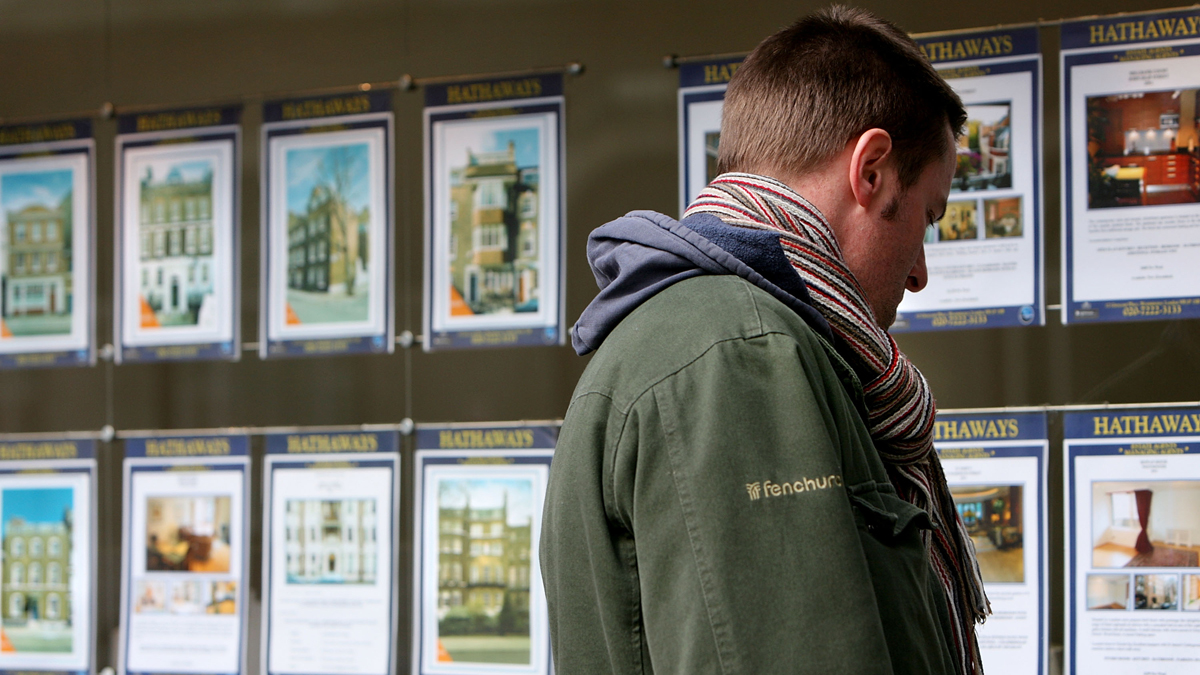Will Help to Buy Isa small print scupper my first home deposit?
Government bonus is not payable until completion, but a big deposit is due earlier at exchange

A free daily email with the biggest news stories of the day – and the best features from TheWeek.com
You are now subscribed
Your newsletter sign-up was successful
Help to Buy Isas were launched with much fanfare in December 2015. Designed by the Government to help struggling first-time buyers, the idea is clear from the name: this is the savings account that will help you buy a home.
The problem is eight months later it has become clear these Isas aren’t as helpful as you might think for the people they were specifically designed to help.
If you save into a Help to Buy Isa you not only get tax-free growth at interest rates that often beat standard cash Isas and that can be as high as four per cent, but also a 25 per cent government top-up "for a deposit on your first home".
The Week
Escape your echo chamber. Get the facts behind the news, plus analysis from multiple perspectives.

Sign up for The Week's Free Newsletters
From our morning news briefing to a weekly Good News Newsletter, get the best of The Week delivered directly to your inbox.
From our morning news briefing to a weekly Good News Newsletter, get the best of The Week delivered directly to your inbox.
The top-up is capped at £3,000, meaning a couple can get £6,000 of support, but still amounts to a very generous bit of financial aid. The problem is in the small print.
Cash on completion
On Saturday the Daily Telegraph led its front page with the revelation that the government money is only released when your solicitor applies for it as your house purchase is nearing completion. By that point you have already had to pay a deposit, of around 10 per cent in most cases.
When you buy a home you pay in two stages. A hefty deposit is usually due when you exchange contracts, which is non-refundable and locks you into the deal, and the rest is payable when you complete the purchase.
A free daily email with the biggest news stories of the day – and the best features from TheWeek.com
Most home buyers pay the first amount out of their own savings, with the mortgage company stepping in to pay the majority of the second payment.
With Help to Buy Isas, but the government bonus isn't available until the second payment is due. This could cause huge problems for first-time buyers who need that money in order to afford that up-to-ten per cent deposit - the very people this product was designed to support.
Many are having to borrow from friends and relatives or enter difficult negotiations with the sellers.
Need to negotiate
Blogger Martin Lewis does reassure, though, that buyers with small deposits often negotiate a smaller up-front amount - and the solicitor should have been aware of this technicality anyway.
So if you're buying a house and don't have a ten per cent deposit in savings, make sure your solicitor is aware that you're using the Help to Buy Isa and they should be able to agree paying a smaller amount at exchange.
The Treasury has defended the delay in paying out the bonus as a way of protecting themselves from fraud.
"Half a million first-time buyers have made use of the Help to Buy Isa scheme with 22,000 already receiving their bonus," a Treasury spokeswoman told the Daily Mail.
"It is designed so first-time buyers receive the bonus at the point where their house purchase is certain to proceed. This means support can be targeted at people who are definitely buying a property – something you can only be sure of as a transaction approaches completion."
Still worth it
The issue with Help to Buy Isas definitely shouldn’t put people off saving into them.
Even if you can’t get your hands on the government’s bonus until you complete, that is still free cash that will come in useful. Also, Help to Buy Isas tend to offer pretty competitive interest rates in the current pitiful savings return environment.
Virgin Money offers the highest rate with a Help to Buy Isa paying 2.5 per cent, closely followed by Barclays, which is paying 2.27 per cent.
-
 Why are election experts taking Trump’s midterm threats seriously?
Why are election experts taking Trump’s midterm threats seriously?IN THE SPOTLIGHT As the president muses about polling place deployments and a centralized electoral system aimed at one-party control, lawmakers are taking this administration at its word
-
 ‘Restaurateurs have become millionaires’
‘Restaurateurs have become millionaires’Instant Opinion Opinion, comment and editorials of the day
-
 Earth is rapidly approaching a ‘hothouse’ trajectory of warming
Earth is rapidly approaching a ‘hothouse’ trajectory of warmingThe explainer It may become impossible to fix